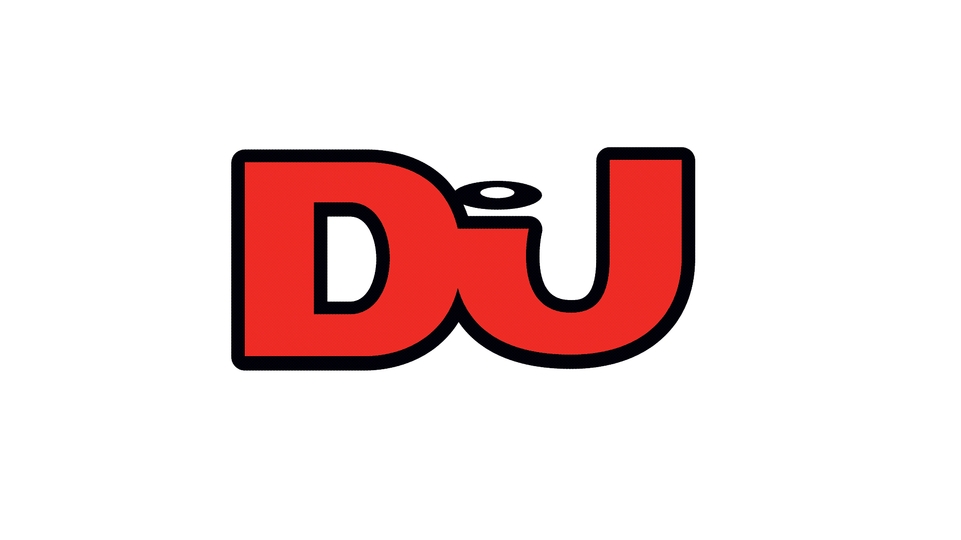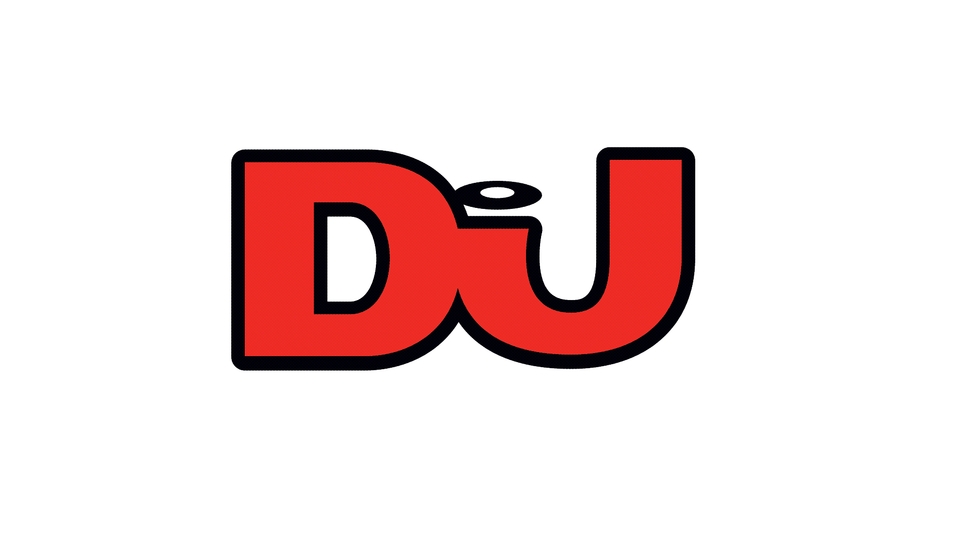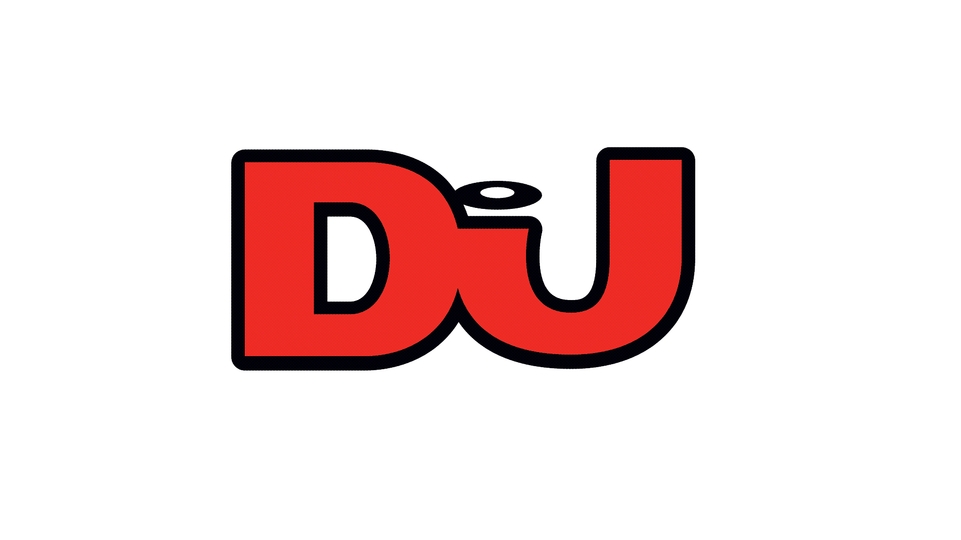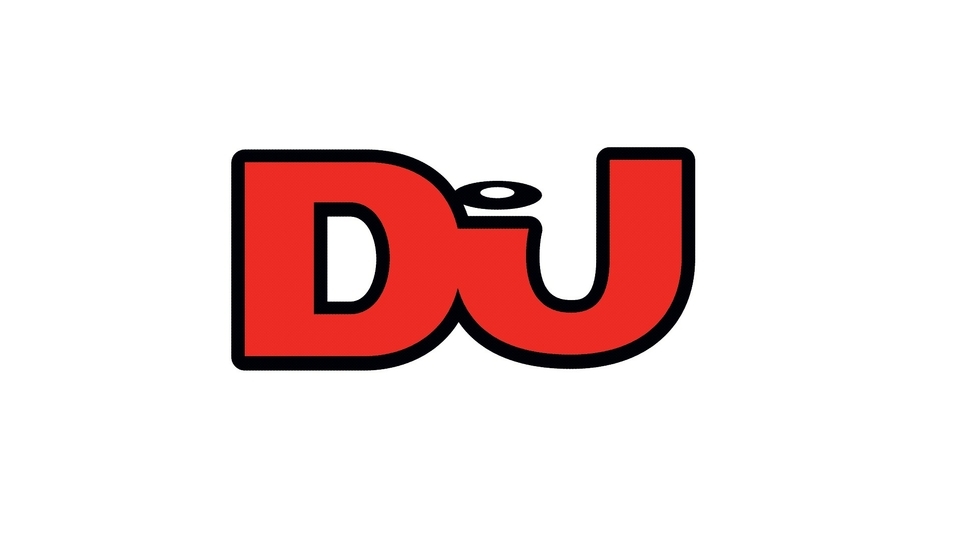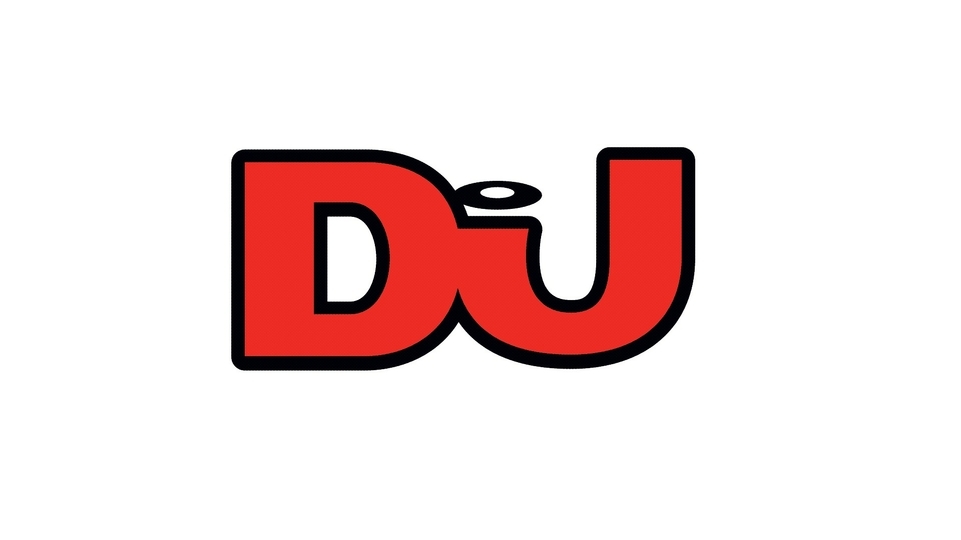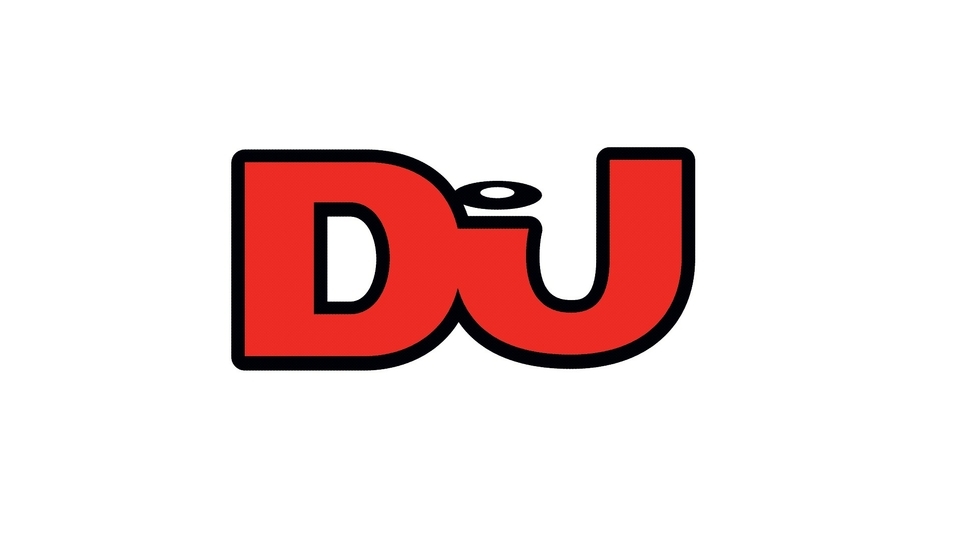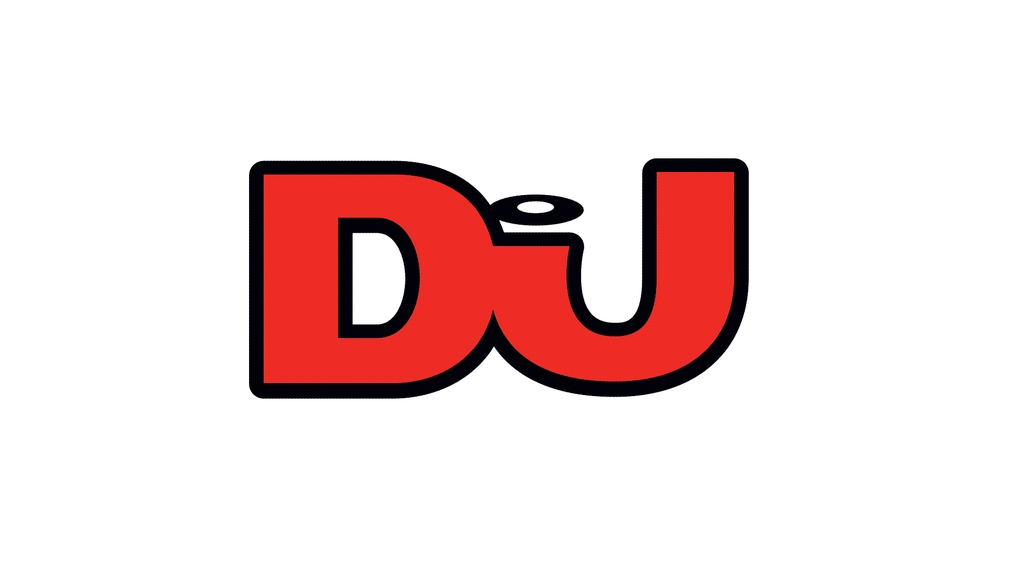
DJ Mag: our pledge to you
After reflecting on how we can tackle the issues within the electronic music industry as a publication, we deliver our pledge to you, presenting significant changes within the company in order to better represent the scene — from the way we do business, to who we work with, and give coverage to
Read our latest update here.
Since DJ Mag was founded in 1991, we’ve been devoted to covering dance music culture: first as a magazine, later as a website and with live events. In those 29 years, we’ve become one of the industry’s leading media platforms by developing a global audience and celebrating dance music from across the spectrum — from techno to house, drum & bass and jungle, hip-hop, trance, disco, hardcore and more.
But as our platform has grown over those 29 years, our perspective has narrowed. We have taken care to educate our readers about dance music’s Black and LGBTQ+ roots, but as the culture has become global and co-opted by the mainstream, and focal genres like house, techno and EDM have become dominated by white artists and supporters, our top-line editorial has not fought hard enough to reflect the Blackness of dance music, and has become more white over time.
The variety of genres we cover doesn’t compensate for the fact that many of the faces in our pages and the names in our bylines are white. Efforts to diversify our freelance network and editorial coverage cannot compensate for the fact that our staff is almost entirely white and male. None of this reflects the reality of the music that we were founded to follow. We are sorry that we became not just complacent towards, but complicit in, practises that have negatively impacted the quality of our coverage and the fairness of our company structure.
Dance music is Black music and club culture was pioneered by and for Black LGBTQ+ people. These are facts, unequivocal in their histories. But across the dance music industry — from media platforms to record labels, booking agencies and event line-ups — these facts have often been obscured or denied; to the financial and cultural benefit of white people, and to the pain and loss of Black people. To deny these facts, and profit from the consequences of that denial, is to be part of the problem today, which is rooted in racism.
As discussions of racism are developing across the world, we’ve been reflecting on how we can tackle the issues within our own industry. DJ Mag cannot be a leading platform without addressing our own complicity and vowing to take action. We need to take on a stronger role in educating our audience, but we cannot do that authentically without making significant changes within the company — from the way we do business, to who we work with and give coverage to.
2021 will be DJ Mag’s 30th anniversary. We want to celebrate that by changing for the better. Our first step is to make a pledge: to our readers, contributors, industry partners and the dance music community.
Owing to the extraordinary circumstances of the COVID-19 pandemic and its effects on dance music culture and media, some of these actions will take longer to implement than others. But we are committed and will publish quarterly updates on our progress, including data on improved diversity within flagship elements of the platform: our magazine covers, HQ live streams and video and mix series.
Thank you for following DJ Mag, this is our pledge to you.
We will support grassroots initiatives working to amplify diverse voices by redistributing our resources. We will offer a percentage of our monthly print and digital advertising inventory, as well as our office space, equipment and time, to projects that support Black, Black LGBTQ+ and non-Black POC initiatives within the dance music and creative industries. We will also build partnerships with such initiatives to bring about meaningful, long-term change.
Discussions have begun with AZ Magazine, a digital publication, social space and event organiser for LGBTQ+ Black and non-Black POC, and the Young Urban Arts Foundation, a London-based charity that works with at-risk and minority youth through music and mental well-being programmes. We will also participate in the Share the Mic initiative (discussed by Sideman as part of our special edition on fighting racism and racial injustice) by sharing our social media platforms with leading Black voices. We hope this will raise awareness on past and present issues concerning racism and oppression.
News about our work with AZ Magazine, YUAF and others will be posted in our quarterly updates. We have set up an email address for such initiatives to get in touch with us. If you’d like to talk about our work in this area, or work with us, please email [email protected].
DJ Mag is a media platform with numerous international licensees. We will strive to hold all of our media and business partners and licensees to the standards set out in this pledge. We will also challenge our client base to promote better business practices, and demonstrate their work towards a more diverse and equitable industry.
To hold ourselves to these standards, we will also appoint a diversity manager, who will report on how the aims of the pledge are being met across departments. Their findings will be discussed with an internal working group and our partner initiatives and charities leading up to each quarterly report, so that any appropriate changes can be made.
We need to change the perception of DJ Mag as a workplace, and focus on how to encourage a diversity of candidates to apply for jobs across departments. We have not done enough to seek out potential employees from a broader variety of backgrounds. The vast majority of people who have applied to work at DJ Mag have been white men, and have often come from a journalism background. Journalism is an overwhelmingly white industry that doesn’t reflect the diversity of dance music culture, or the variety of roles within a modern media company.
We will review our hiring practises by screening job adverts and communications to encourage Black and non-Black POC applicants, and reach out to Black people and non-Black POC — including those in our freelance network — to encourage them to apply for all future vacancies.
Across our social media channels, we will continue to monitor posts for racist, sexist, homophobic, transphobic and ableist comments. Any such comments will be deleted and users who post them will be blocked from our channels.
How we write about dance music needs to be respectful and representative. In order to do this, we will be capitalising Black in all editorial, social media and internal communications going forward. Publications such as the Associated Press and The New York Times have recently made this change — the latter’s National editor, Marc Lacey, recently wrote: “It seems like such a minor change, black versus Black... But for many people the capitalization of that one letter is the difference between a color and a culture.” In capitalising Black, we recognise people and culture of African origin more authentically.
We will also update our Style Guide to better reflect the specificities of Black music genres, as well as how and why genres are described within BPM signifiers, such as “140”, “160” and “180”. Earlier this year, we published a feature that discussed the usage of “club” as a potential genre signifier, and the discussions around the use of the term since have been educational. We will make sure that our genre descriptors are respectful and representative.
We will continue to grow our network of Black and non-Black POC writers and photographers, and further our commitment to telling more Black and non-Black POC stories: through our covers, reviews, premieres, interviews, long-form features and mix series.
DJ Mag runs a series of annual polls and awards — Best of British, Best of North America, Top 100 DJs, Top 100 Clubs, Top 100 Festivals and Alternative Top 100 DJs. While Best of British and Best of North America are public votes based on nominations from our staff, the Top 100 polls are decided entirely by public voting. (In 2018, in partnership with Beatport, we launched the Alternative Top 100 DJs. This ranking cross-references the voting data of the Top 100 DJs poll with Beatport sales data and a genre filter, to recognise the contribution of artists from the house and techno scenes.)
Of the 100 DJs in the 2019 Top 100 DJs poll, only 10 are Black people or non-Black POC and only 8 are women. While we do not select the DJs in the Top 100 DJs poll, we recognise that the widely-read results serve to perpetuate a lack of diversity in the scene and to further marginalise Black and non-Black POC artists. As guardians of the poll, we have a responsibility to reshape the landscape that the poll reflects.
In order to improve the diversity of artists in the Top 100 DJs and Alternative Top 100 DJs polls, we will continue to diversify our coverage of Black and non-Black POC artists across the platform, and communicate directly with artists in the Top 100 DJs poll about what they will do to support Black, Black LGTBQ+ and non-Black POC communities within dance music. We will also publish responses from the Top 100 DJs in our results edition in November 2020, to further the conversation.
In 2014 we launched the Top 100 DJs Foundation (Registration number: 6160897, Dutch Chamber of Commerce) to ensure that the Top 100 DJs could be a force for good. The Foundation has supported organisations including Unicef, Lymph & Co and Ocean Clean Up, and connected leading artists with charity work around the world. In the next financial year, we pledge to commit 30% of all funds and resources from the Foundation to Black and non-Black POC causes. We will publish updates of these donations in our quarterly reports.
We must ensure that our events are consistently supporting Black, Black LGBTQ+ and non-Black POC artists. To do this, we will ensure that, in every instance, every attempt is made to make every line-up we book diverse. When we have an artist on the cover of the magazine, we book a club event with that artist and their chosen support. We will work with cover stars and venues to make sure these events are diverse. These changes will be implemented for every virtual event and live event moving forwards, once we’re able to host events again.
If you would like to share any thoughts or feedback about the pledge, you can email us on [email protected].

